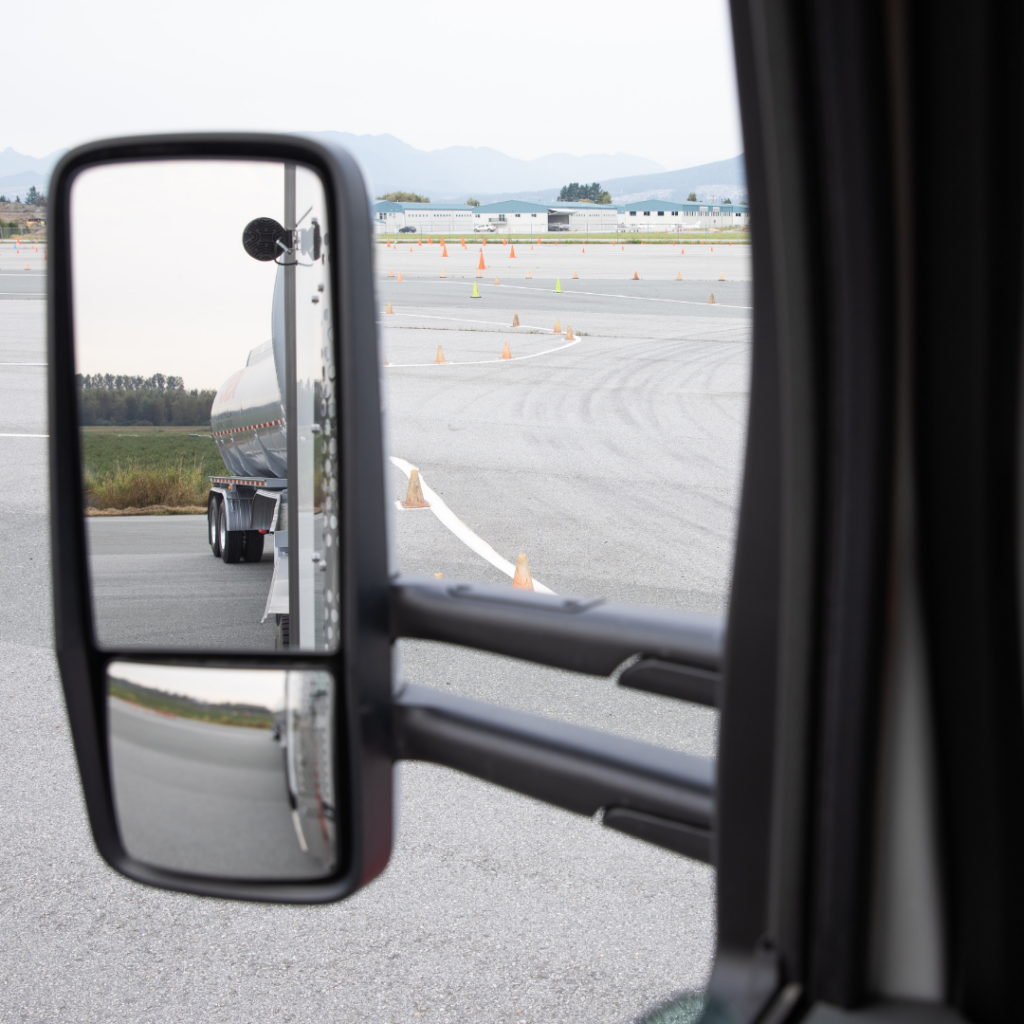Every day is an opportunity to learn.
Share your safety knowledge! We benefit from experience, our own and others. Listen and learn.
Driving is a big job! Sharing what you know reminds you of your own good driving habits and may help colleagues who are new to the field or need a refresher.
Consider these pro tips before you get behind the wheel!
• New drivers need seat time to learn; rushing them is a mistake.
• Always be prepared for anything. It’s easier to stay out of trouble than get out of trouble.
o Drive according to road conditions, especially in winter, and take your time.
o Be able to stop under any condition in half the distance you can see.
o Never tailgate! You can’t see what’s in front of the vehicle ahead of you.
o Before you head out, check out the road reports and traffic cams along your route, especially if the weather looks iffy.
• Don’t rush your work, whether loading, tarping, or driving. Take a good a look at conditions and if it doesn’t look right—it isn’t.
• When it comes to safety, you are responsible. Own it! Don’t be afraid to refuse unsafe work, tires, equipment, and especially your personal health and safety.
o It’s a load. It’s not worth risking your life over if the conditions are too bad to drive safely.
o If you are uncertain about your rights regarding workplace health and safety, look for free WorkSafeBC webinars at safetydriven.ca
o Know your rights pertaining to safety. Among your legislated rights is the right to work safely without fear of punishment by the employer for refusing unsafe work.
• Know your own and your equipment’s limitations. Talk to your safety team about a winter refresher. Asking another driver for advice is helpful, but remember that he/she is driving their unit, with their skills, and you are driving yours.
Winter brings its own challenges! Stay safe by not taking changes. Remember—it’s a load. It’s not worth risking your life if conditions are unsafe.
• Make sure you have the right equipment, including tires and chains when necessary. Remember that tire technology has chained. Tires meant for California cannot withstand the rigours of winter highway miles in Canada. The right tires matter when you chain up.
• Keep your headlights and taillights clean and free of snow. See and be seen.
• If you are spinning your tires at the bottom of the hill, put your chains on. It’s not going to improve as you go up to the top.
• How do you know when not to go? Before you start your truck, if the snow is up to your eye line, stay home. The snow is only going to get deeper.
• Black ice is serious risk. It’s pretty much invisible—watch for a light sheen on the road or vehicles ahead sliding.
If you don’t know—ask. There are no wrong questions. Your safety committee is there to help you. And there is no time after an incident or accident for safety. SafetyDriven resources will help you—reviewing them before something goes wrong could save your day.
Visit SafetyDriven.ca for free online resources to help you make your company safer.
